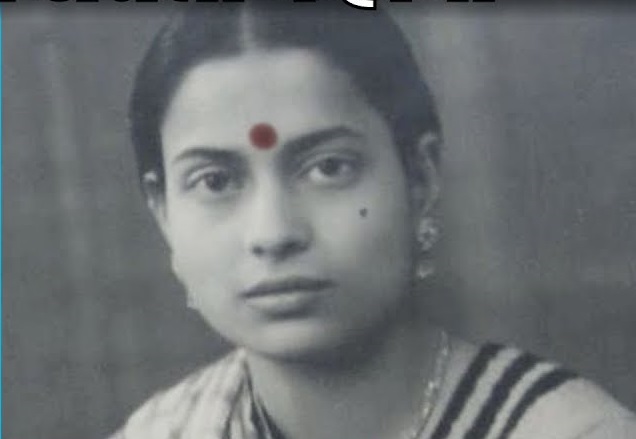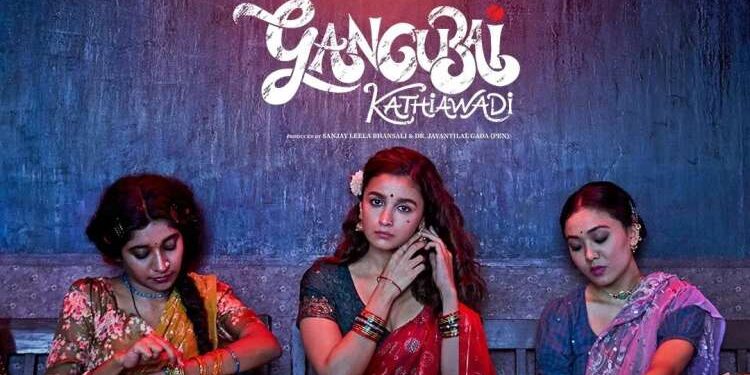It was last night that the prize ceremony of the Filmfare Awards 2023, which are the Indian Oscar equivalent of the American Oscars, took place.
The very beautiful Gangubai Kathiawadi film, directed by Sanjay Leela Bhansali (2022) won ten very important and above all very deserved prizes: Best film, Best Director, Best Actress for Alia Bhatt who plays the main role, Best Dialogues, Best Music, Best Photography, Best Sets, Best Costumes, Best Choreography and RD Burman Prize promising.
Gangubai Kathiawadi is based on the true history of Ganga Jagjivandas Kathiawadi (1939 – 2008), better known as Gangubai Kothewali, whose life was documented in the book “Mafia Queens of Mumbai” written by S. Hussain Zaidi.
Gangubai was sold very young to a brothel by her husband and subsequently won her reputation as an influential pimp in the city of Bombay, with links with the underworld and drug trafficking. She was known for her kindness and defense of prostitutes, who had chosen her to be their head. She then won the local Kamathipura elections, which will help her to accomplish her task.
Gangubai was an activist and militated to solve the problems of prostitutes and orphans and worked to give them a better life. She advised and helped many young women move away from prostitution. Due to her attentive and benevolent character, she was respectfully called “Ganga Maa” (Mother Ganga). After his death, his photos were hung and statues in his effigy were erected in the brothels in the region and are still there, many years after his death.


Gangubai was fighting for equal rights for the community of prostitution and for the right to education of their children. She considered that sex workers were an economic group like others, selling their bodies to support them, and there was nothing wrong with that. In these times, prostitutes did not have the right to have a bank account, or to be admitted to the hospital with other patients, nor to register their children in school …
Gangubai had been talked about a lot when a close school had refused the admission of children whose mothers were prostitutes, arguing that they could not provide the names of their fathers. Yet Gangubai had paid tuition fees of 5 years in advance. When these children were finally admitted to school, they had been sent from the class from the first day.
This injustice had deeply shocked Gangubai, who took measures to remedy it. She had notably asked and met the Prime Minister of India, Jawaharlal Nehru, to discuss the problems with which sex workers are confronted, in particular the lack of freedom and degrading behaviors towards them.
The film shows the transformation of Gangubai, from its difficult youth to its place as a figure of power and kindness in the world of prostitutes.
Despite the seriousness of the film and the misery and injustice it depicts, the film is very colorful and very cheerful. A real Indian film as we imagine, with beautiful saris, beautiful jewelry, some songs and dances.
However Gangubai Kathiawadi is an interesting and important film, because it raises questions about equal rights and the dignity of sex workers. The life of Gangubai is an example of the fight against inequalities and the desire to change the world for the best. It is a moving and inspiring film that shows the importance of fighting for what we believe and arouses reflection on the injustices suffered by sex workers and the importance of goodness and empathy in our world.
The film has been on Netflix since April 26, 2022 (with subtitles in French and English) and in less than a month, it could have become the n ° 1 of non-English-speaking films in the world and to be included in the top 10 of 25 countries including Canada, the United Kingdom, South Africa, Australia, New Zealand and the United Arab Emirates.
Gangubai Kathiawadi was also selected at several film festivals, where he won prizes, including best actress for the beautiful Alia Bhatt, best film, best production and best choreography.
Congratulations to the team of this film, which really deserves all its prices.
Neïla Driss








